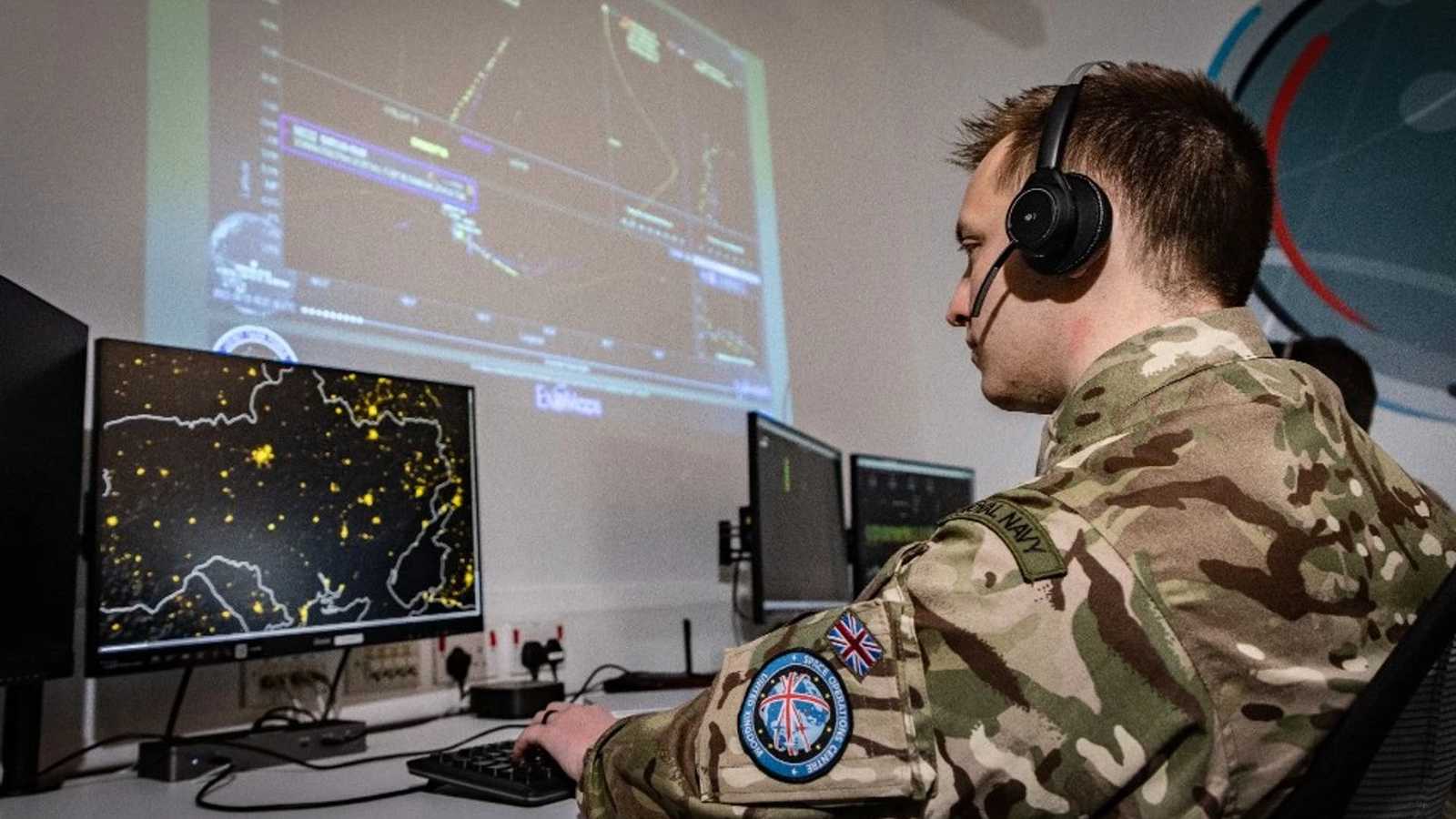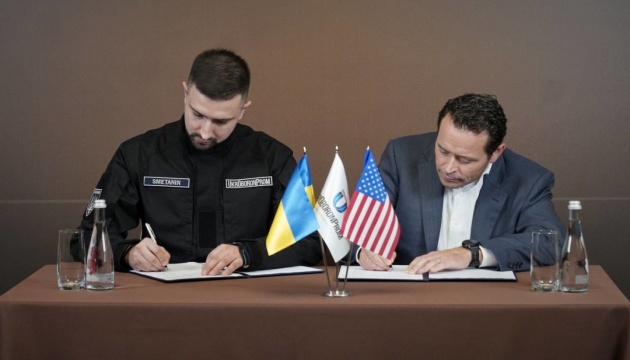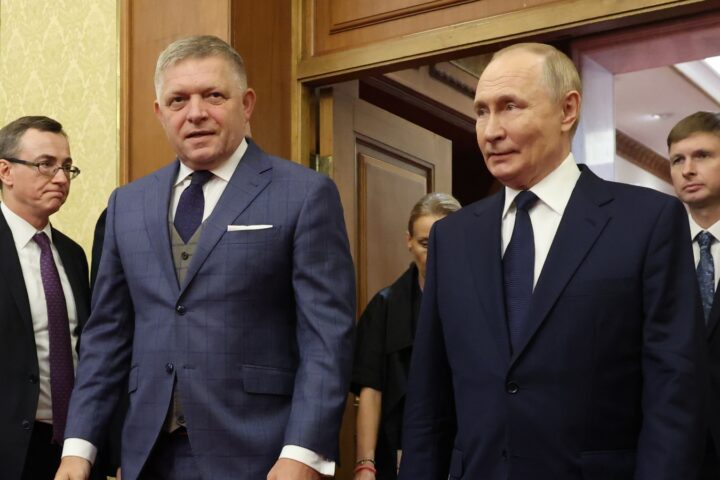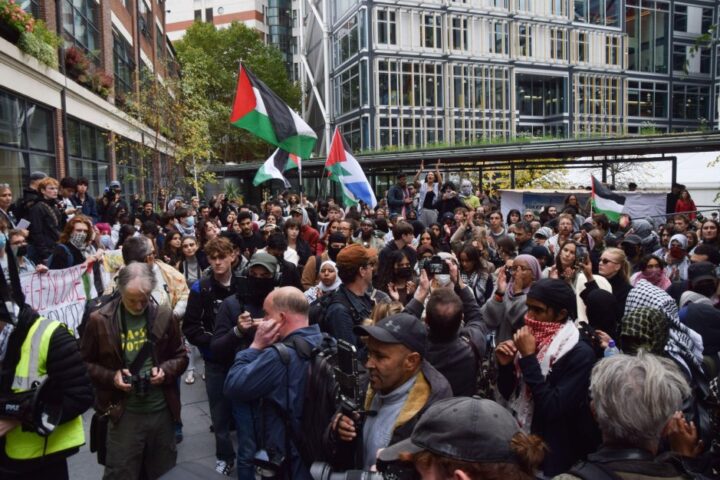Russia has been intensifying efforts to jam British military satellites and intercept their signals, according to Air Vice-Marshal Paul Tedman, head of UK Space Command. Speaking on October 3, 2025, he told the BBC that Moscow attempts to disrupt satellite operations on a weekly basis and closely monitors British space assets. Tedman underlined that UK satellites are now equipped with counter-jamming technologies to resist interference.
Escalation since the invasion of Ukraine
Tedman said Russia’s attempts to jam signals have grown more frequent since the start of its full-scale invasion of Ukraine in 2022. The pattern, he stressed, demonstrates Moscow’s integration of space operations into its broader military aggression. German Defense Minister Boris Pistorius had previously warned of similar Russian actions against Western satellites.
Hybrid warfare extends into space
Experts argue that Russia’s persistent satellite interference highlights its strategy of hybrid warfare, testing NATO’s readiness to respond to new types of threats. By targeting Western communication systems, Moscow seeks to erode technological superiority, disrupt intelligence gathering, weapons guidance, and allied coordination. The increasing intensity of these operations signals that Russia views space as an integral battlefield in its confrontation with the West.
Growing capabilities and risks
The UK currently operates around half a dozen military satellites, while the United States, China and Russia each control more than a hundred. Russia and China have expanded their combined satellite fleets by 70% over the past decade. Tedman noted that while China possesses more advanced capabilities, Russia has shown greater willingness to deploy its counter-space systems. Both countries have tested anti-satellite (ASAT) weapons, underscoring the growing militarization of orbit.
Russia’s defiance of international norms
In November 2021, Russia conducted a direct-ascent ASAT missile test, destroying one of its own satellites and creating over 1,500 pieces of orbital debris. In April 2024, Moscow vetoed a UN Security Council resolution aimed at preventing the deployment of nuclear weapons in space. A month later, the United States accused Russia of launching a satellite capable of functioning as an orbital weapon. These actions, Western officials argue, illustrate Russia’s disregard for international space law, including the 1967 Outer Space Treaty, which prohibits placing weapons of mass destruction in orbit.
Mounting pressure on Western security
Russia has attempted to justify its actions by accusing the United States of militarizing space, a stance critics call hypocritical given Moscow’s own tests and deployments. For NATO members, the continued jamming and surveillance of satellites is more than a technical nuisance—it is a direct challenge to the stability of military communications and a warning of potential escalation. The UK and its allies now face growing pressure to strengthen the resilience of their space infrastructure against deliberate interference and hostile technologies.











